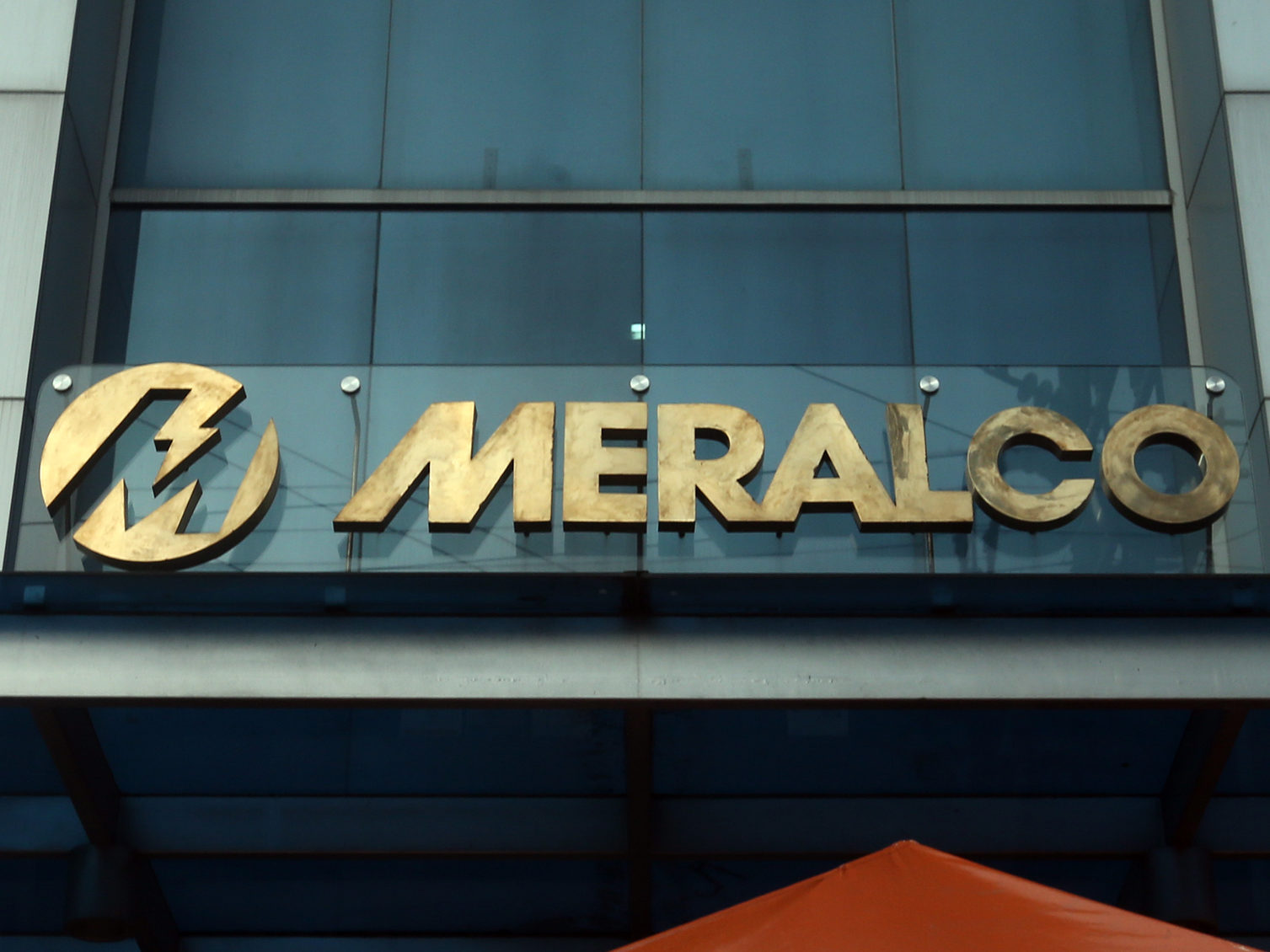Power distributor Manila Electric Co. (Meralco) has energized a livelihood facility in Bohol province to help increase sweet potato or camote production in a community that depends primarily on the crop for income.
Meralco, through its corporate social responsibility arm One Meralco Foundation (OMF), installed solar panels with a total capacity of 2.2 kilowatts to power the operations of Lundag Eskaya Tribe Multipurpose Cooperative (Letmulco), which processes sweet potato into chips, ketchup and juice.
“We know that electrification is a driver of progress and development in many rural areas in the Philippines, particularly if these benefit the agricultural and livelihood initiatives of farmers,” said Jeffrey Tarayao, OMF president.
According to OMF, the project allows Letmulco to use an electric potato chipper that will quadruple the facility’s daily output to 200 packs from 50 packs, which are produced purely through manual labor.
This is also expected to increase the cooperative members’ income to P7,000 a day from P2,000.
“With electricity, we can use the sweet potato chipper and produce one sack of chopped camote in only an hour … Now we can expand our operations to accommodate more and bigger orders because we already have electricity,” Letmulco learning and enterprise manager Jenelie Sandigan said.
Letmulco currently operates in the municipality of Pilar, whose Eskaya tribe is dependent on sweet potato production for food and livelihood.
Apart from the Letmulco facility, Meralco has also installed solar panels in at least 18 schools in Bohol.
Last month, the power distributor announced it had so far contracted 1,880 megawatts (MW) of renewable energy capacity from its suppliers to help boost its clean energy portfolio.
This capacity allowed Meralco to breach an initial 1,500-MW target in support of the Department of Energy’s Renewable Portfolio Standards, a market-based policy that requires power suppliers to source a portion of their electricity requirements from renewable energy. INQ


